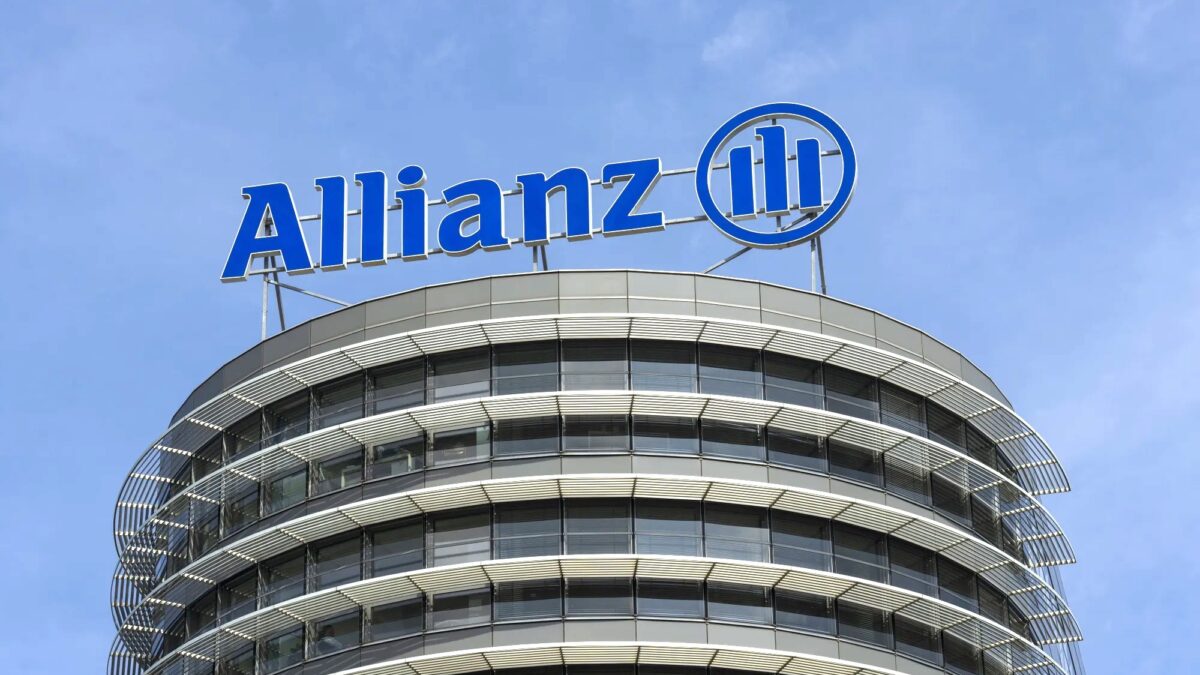AllianzGI to Allow ESG Funds to Add Defense Stocks Amid Policy Shift: Bloomberg
AllianzGI to update ESG fund rules, allowing selective defense investments amid Europe’s shifting security priorities.
Allianz Global Investors is preparing to lift restrictions on defense sector investments within some of its ESG-focused funds this year, as asset managers across Europe adapt to a shifting geopolitical landscape, Bloomberg News reported on June 3.
“The European view on defense and the need for defense has shifted,” Matt Christensen, AllianzGI’s global head of sustainable and impact investing, told Bloomberg in an interview.
He cited the war in Ukraine and increasing pressure to meet NATO defense spending targets as key factors driving the shift.
ESG Framework Adapts to Security Concerns
According to Bloomberg, the German asset manager is revising the investment prospectuses of several Article 8 funds — a designation under the EU’s Sustainable Finance Disclosure Regulation for products that promote ESG goals — to permit the inclusion of certain defense holdings.
The firm notified clients in March about the upcoming changes, which will enable fund managers to consider investments in military equipment and services, as well as nuclear weapons-related activities compliant with the Non-Proliferation Treaty, Bloomberg reported.
“Once the prospectuses are updated, it will be up to individual portfolio managers to decide what might be appropriate to include in ESG funds, depending on the specific strategy they have,” Christensen told Bloomberg.
Industry-Wide Reassessment Underway
The development is part of a broader reconsideration of ESG principles within the European financial sector. Bloomberg noted that AllianzGI joins a growing list of investment managers — including DWS Group, Deutsche Bank’s asset management arm — reassessing their stance on defense investments.
Euronext NV CEO Stephane Boujnah recently proposed redefining ESG to focus on energy, security and geostrategy, underlining the evolving priorities in the wake of rising geopolitical tensions.
Germany’s financial watchdog, BaFin, has emphasized the importance of transparency in this context.
In comments reported by Bloomberg, Rupert Schaefer, BaFin’s chief executive director of strategy, policy and control, said in May that asset managers must avoid misleading clients about changes to fund policies.
A Long-Term Strategic Pivot
Christensen emphasized that AllianzGI’s decision is not a temporary response to global conflict, but a strategic repositioning of its investment philosophy.
“Importantly, the changes to our exclusions policy are not based on short-term tactical views,” he told Bloomberg. “Rather, it is a fundamental and long-term decision.”
The new policy will enable ESG fund managers to access a segment representing approximately 1.7 percent of the MSCI All Country World Index, according to Bloomberg.
Christensen added that the goal is to accommodate clients “who would like to see a good approach to ESG risk management, but who don’t necessarily want to exclude everything.”
End of Taboo?
The move signals the erosion of what had long been a taboo for many ESG investors — exposure to defense-related companies.
As Europe faces heightened security risks, a growing number of asset managers are reevaluating their frameworks to strike a balance between ethical investing and geopolitical realities.
AllianzGI’s forthcoming changes mark one of the clearest signals yet that ESG strategies are being redefined to reflect a new era.
Nirmal Menon
Related posts

Subscribe
Error: Contact form not found.


